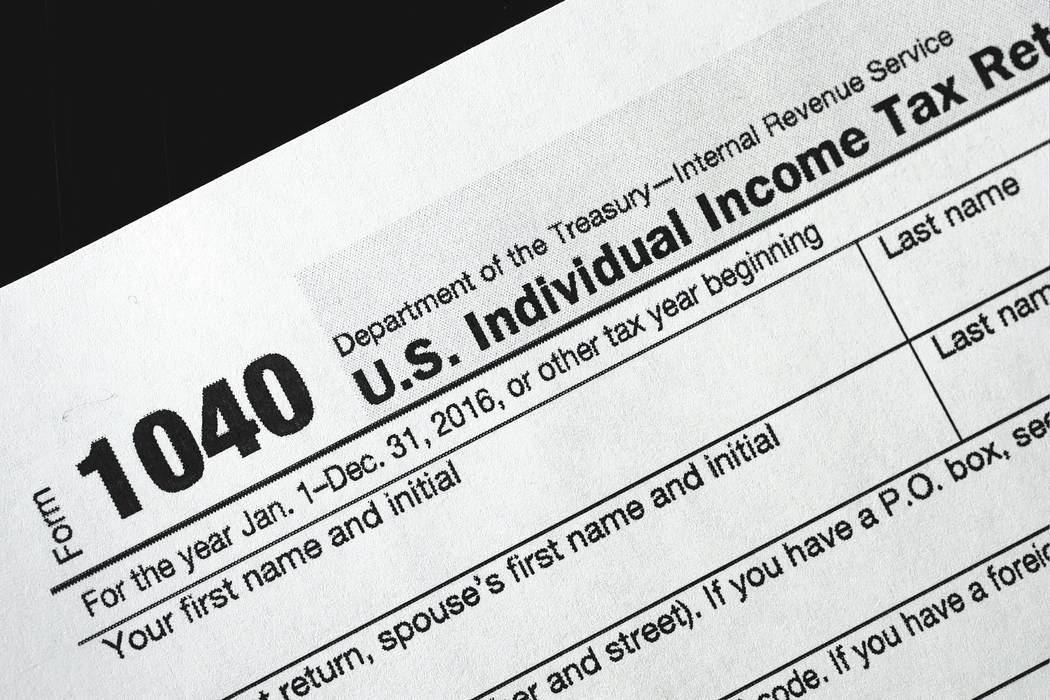EDITORIAL: Proposal to limit deductions for state taxes threatens to expose pols in high-tax blue states
Democrats always talk a good game about the wealthy paying their fair share of taxes. But they’re not always eager to translate their pithy political slogans into reality.
Take President Donald Trump’s tax plan. As part of an effort to limit loopholes, the plan would end the practice of allowing filers who itemize to deduct their state and local taxes. This would be particularly painful for those in high-tax, progressive havens such as New York, California and New Jersey.
But as Bloomberg reports, wealthier taxpayers benefit the most from this deduction. More than 88 percent of its benefits go to Americans who earn more than $100,000 a year, according to the Tax Foundation. Far be it for us to to argue against allowing wage earners to keep more of what they make. But any effort to revamp the system would be a failure without cleansing the many special-interest tax breaks from the overly complicated Internal Revenue Code.
In fact, the deduction allows blue states to disguise the true costs of their burdensome tax policies and encourages politicians in such places to snatch more and more from their hard-working residents.
Glenn Reynolds, a University of Tennessee professor who writes a weekly column for USA Today, stated that if you end the federal deduction, high state taxes come straight out of taxpayers’ pockets, with no offset. Mr. Reynolds cited economist Nicole Kaeding, who told The Hill that by allowing deductions for state taxes, “the federal government is essentially subsidizing high tax rates in states like California and New York.”
Precisely. Politicians in states with high tax rates are lamenting the unfairness of it all, but that’s merely to provide themselves cover. What the Trump reform will do is expose states that overtax their citizens. These politicians worry that they may not be able to keep piling on the levies if the federal government (read: taxpayers in other states) isn’t there to help pay for it.
“States should be able to set their own levels of taxing and spending,” Mr. Reynolds argues, “but I see no reason why a Walmart cashier in Tennessee (which has no state income tax and low property taxes) should be subsidizing a hedge fund mogul in New York or a studio executive in Hollywood. It’s fine if blue states want to have higher state and local tax rates, as they do, but they shouldn’t be encouraged to do so by federal tax giveaways.”
Bloomberg reports that eliminating the deduction would generate nearly $2 trillion in the next 10 years. It would also almost certainly entail ending the sales tax deduction now allowed in Nevada and a handful of other states. But that, too, primarily benefits wealthier households that itemize.
President Trump’s plan contains a lot of positives — and eliminating most deductions to make the code simpler and fairer is one of them. If that means states dominated by tax-raising Democrats have a more difficult time shaking down their residents to fund “free” college, health care, housing and the like, so be it.

















